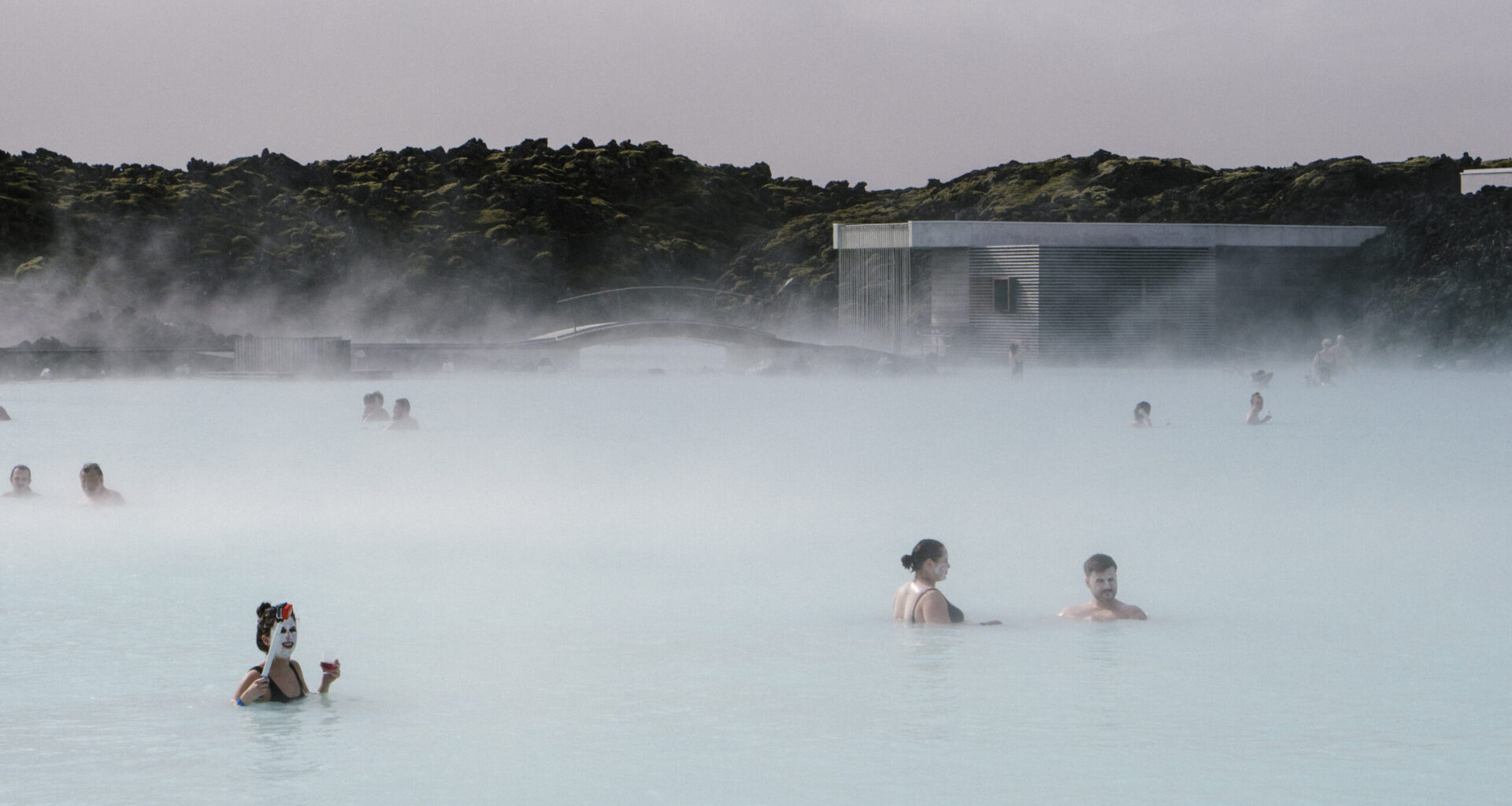Published July 21, 2025
On Wednesday, Iceland woke up to yet another volcanic eruption. It’s notable, sure, but it’s become something we’ve gotten used to. Thankfully, this eruption doesn’t look set to destroy any of our infrastructure, namely the Svartsengi power plant. It provides energy for the entire Reykjanes peninsula, as well as its runoff-turned-tourist-attraction, the Blue Lagoon. The eruptions are a reminder that while nature gives us advantages, particularly abundant hydroelectric and geothermal energy and all this hot water, we can’t take it for granted; what nature gives, it can take away.
With all this green energy we could be one of the greenest economies on earth. Yet, somehow, we still have some of the highest per-capita carbon emissions in Europe. Our clean energy transition is lagging behind our neighbours. Our EV charging infrastructure is sketchy. And sustainability is still regarded as a “nice to have,” not a must. Basically, Iceland is tackling climate change with our usual strategy: Þetta reddast. Meaning: relax, this will somehow work itself out. Spoiler: it won’t.
These challenges, and the opportunities they present are addressed in this issue’s cover feature, where Adam Roy Gordon proposes we use Iceland as a “transparent laboratory” to secure economic advantage as we find solutions to impending climate catastrophe. He argues that even though some of the projects, like Carbfix, Climeworks etc., haven’t nailed it yet, they have massive potential, pointing out that — of course — teething problems for ambitious solutions are expected. He also throws shade at folks who’d rather complain about capitalist solutions to capitalism-created messes, rather than actually fix them. In short, Adam strikes a tone of optimism, asserting Iceland can solve its problems, help the rest of humanity, and get wealthy in the process.
In opposition, Cody Alexander Skahan points out how these projects keep tripping up technically, socially, and otherwise, whilst ignoring the desires of the communities in which they are operating. He objects to the “transparent laboratory” framing and argues that these projects may never deliver, and in doing so, “could distract from the necessary work to curtail climate emissions.”
It’s an important debate on an important topic, for all of us. Read it.
